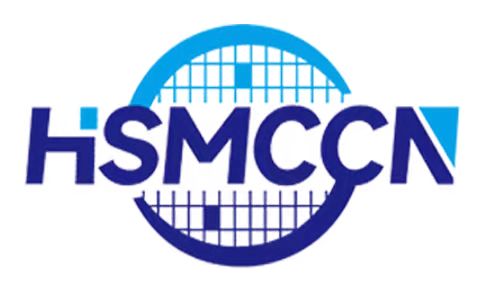The handbag industry has seen significant transformations in recent years, driven by shifting consumer preferences, technological advancements, and sustainability concerns. As fashion evolves, so too do the demands for style, functionality, and ethical production.
Recent reports indicate that the global handbag market is expected to grow substantially, with a projected value of over $60 billion by 2025. This growth is largely attributed to the increasing popularity of luxury brands and the rise of e-commerce, which allows consumers to shop for their favorite bags from the comfort of their homes.
In addition to traditional retail, social media platforms have become powerful marketing tools for handbag brands. Influencers and celebrities showcase their favorite styles, often leading to immediate spikes in sales. Brands are now investing heavily in digital marketing strategies to engage younger audiences who prioritize authenticity and brand values.
Sustainability is another key trend shaping the handbag industry. Consumers are increasingly concerned about the environmental impact of their purchases, prompting brands to adopt eco-friendly materials and ethical production practices. Many companies are now offering vegan leather options and implementing recycling programs to appeal to conscious shoppers.
As the industry continues to evolve, innovation remains at the forefront. Tech-infused handbags that incorporate features like charging ports and smart tracking are gaining traction, catering to the needs of the modern consumer.
In conclusion, the handbag industry is undergoing a dynamic shift influenced by market trends, technological advancements, and sustainability efforts. As consumers continue to seek stylish, functional, and ethically produced bags, brands must adapt to stay relevant in this competitive landscape.



